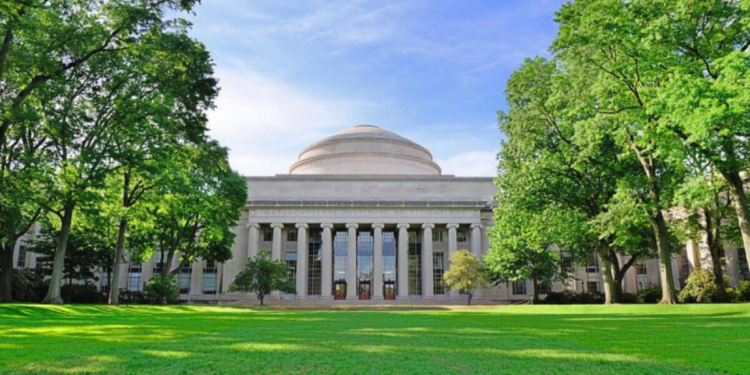Cambridge, MA – The MIT Sloan School of Management announced the inception of the MIT Climate Policy Center, a pioneering initiative aimed at driving evidence-based climate policy research to aid local, state, national, and international policymakers. Supported by a generous $25 million investment from MIT Sloan, as part of an expansive MIT-wide climate effort, the center aspires to be at the forefront of addressing climate policy issues through rigorous research and engagement.

Professor Christopher Knittel, holding the George P. Schultz Professorship of Energy Economics at MIT Sloan, has been appointed as the faculty director of the center. In tandem with this role, Knittel will also assume the position of associate dean at MIT Sloan starting July 1. “Addressing climate change urgently requires focused resources and expertise, and the MIT Climate Policy Center embodies our commitment to contributing meaningfully to this global challenge,” Knittel remarked, underscoring the importance of accessible research for decision-makers.
The center is set to bridge the gap between ongoing and future climate research and policy application. It will scrutinize the impacts of various technologies on the climate, explore achievable climate goals with current technologies, and pave the way for new technological advancements to be market-viable. This initiative not only aims to integrate climate efforts across MIT but also seeks to forge robust connections with policymakers and direct new research efforts to bolster evidence-based climate policy.
An integral part of the new Climate Project at MIT, the Climate Policy Center is bolstered by an initial $50 million commitment from the Institute, marking its largest direct investment in climate initiatives to date. MIT President Sally Kornbluth highlighted the project’s ambition for accelerated innovation and practical climate solutions, a strategy developed after extensive consultation across the Institute.
The center is committed to working closely with the MIT Washington Office on federal policy matters and aims to be a key resource for students, offering them deeper engagement opportunities with public policy. It also plans to establish ongoing relationships between MIT and relevant policymakers, serving as a pivotal resource for developing new regulations, rules, or legislation aimed at combating climate change.
Professor Knittel expressed gratitude for the collaboration across the Institute and MIT Sloan, which was instrumental in establishing the center. He emphasized the center’s role in enabling MIT Sloan to fulfill its mission of developing innovative leaders who improve the world by directly contributing research that shapes effective climate policies.













